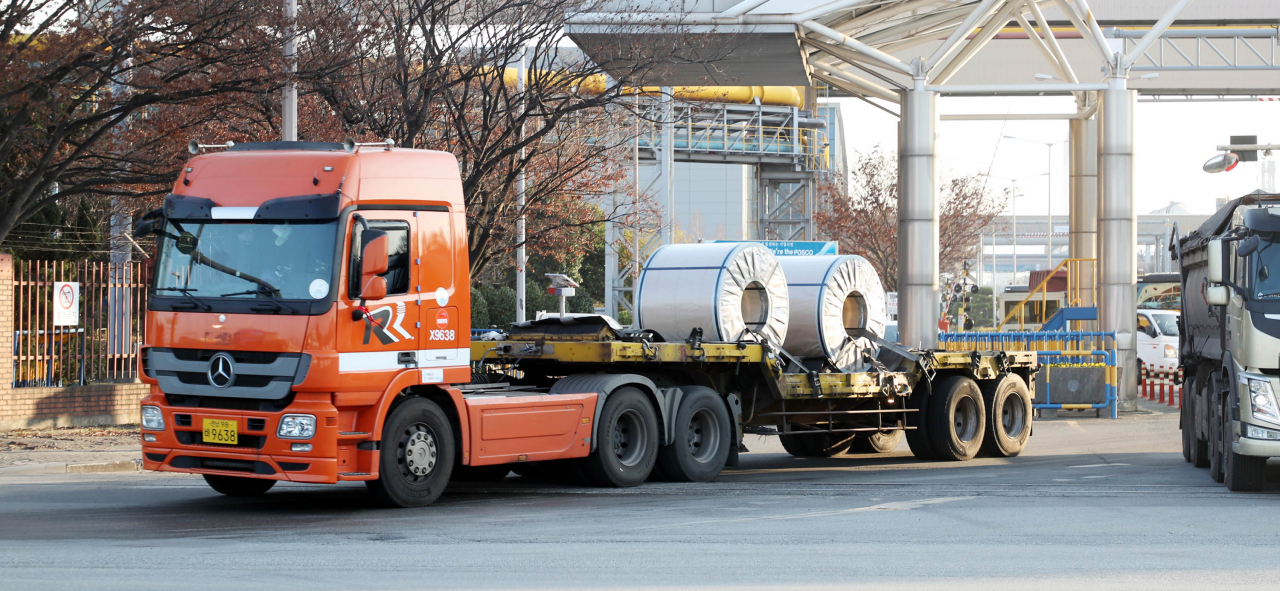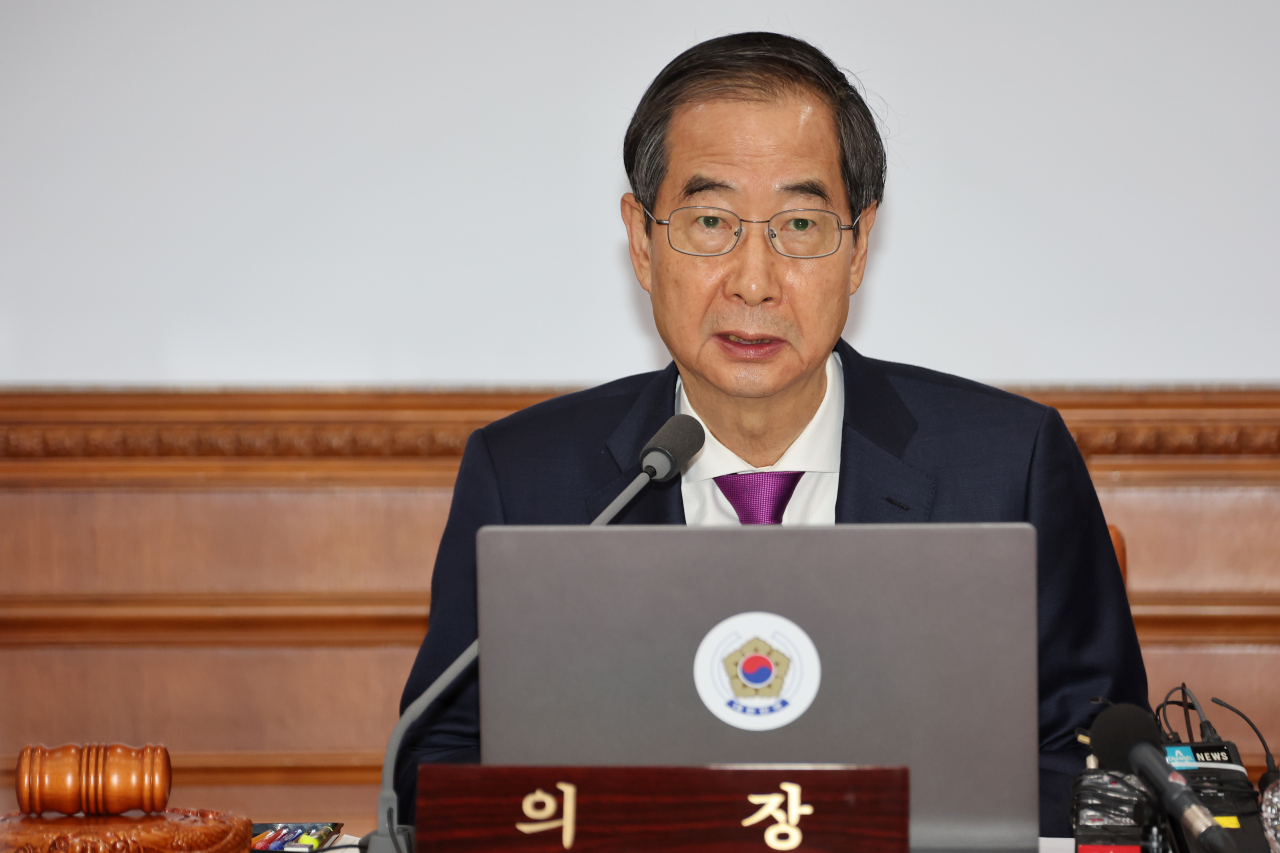Pres. Yoon Issues 'Back to Work' Order in SKorea Trucker Strike

The Facts
On Tuesday, the South Korean government took a historic step of a historic strike-busting law to end the ongoing truckers' strike. Approved at a meeting called by President Yoon Suk-yeol, the law targets 2,500 cement truck drivers back to work.
As of day six of the strike, concrete work has stopped at 508 sites as supplies dwindle. In issuing the order, Yoon urged, "Please return to your positions before it's too late."
The Spin
Pro-establishment narrative
While striking is a legitimate labor right, now is not the time. South Korea depends heavily on its exports, and everyday people are suffering from rising inflation in an economy that is in a weakened state. The strike will cost key industries dearly, and so workers must be prepared to share in the economic pain rather than worsen it.
Establishment-critical narrative
Workers have no choice but to strike. The South Korean government broke an earlier agreement on extending and expanding the minimum pay rates and, therefore, they are responsible for all the damage caused by the current strike. Forcing strikers back to work without resolving their concerns will only worsen the problem.
Narrative C
Workers are correct to strike over pay, health and safety, and quality of life. But they must be wary of union leadership which has consistently sold them out over the years and too often capitulates to management and the government. Workers should create their own councils or committees rather than depend on union leadership.


